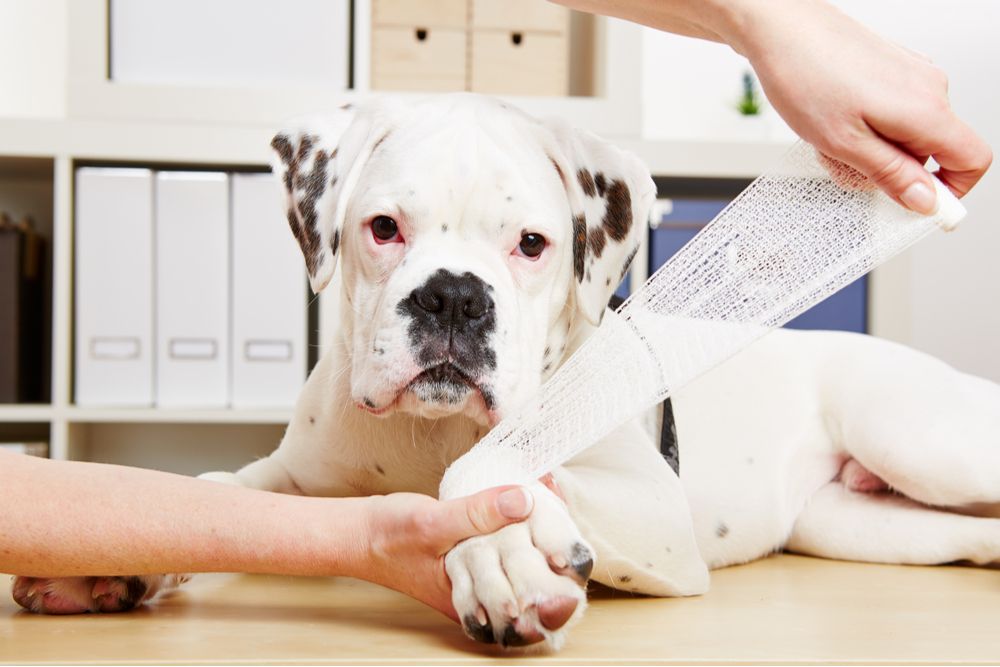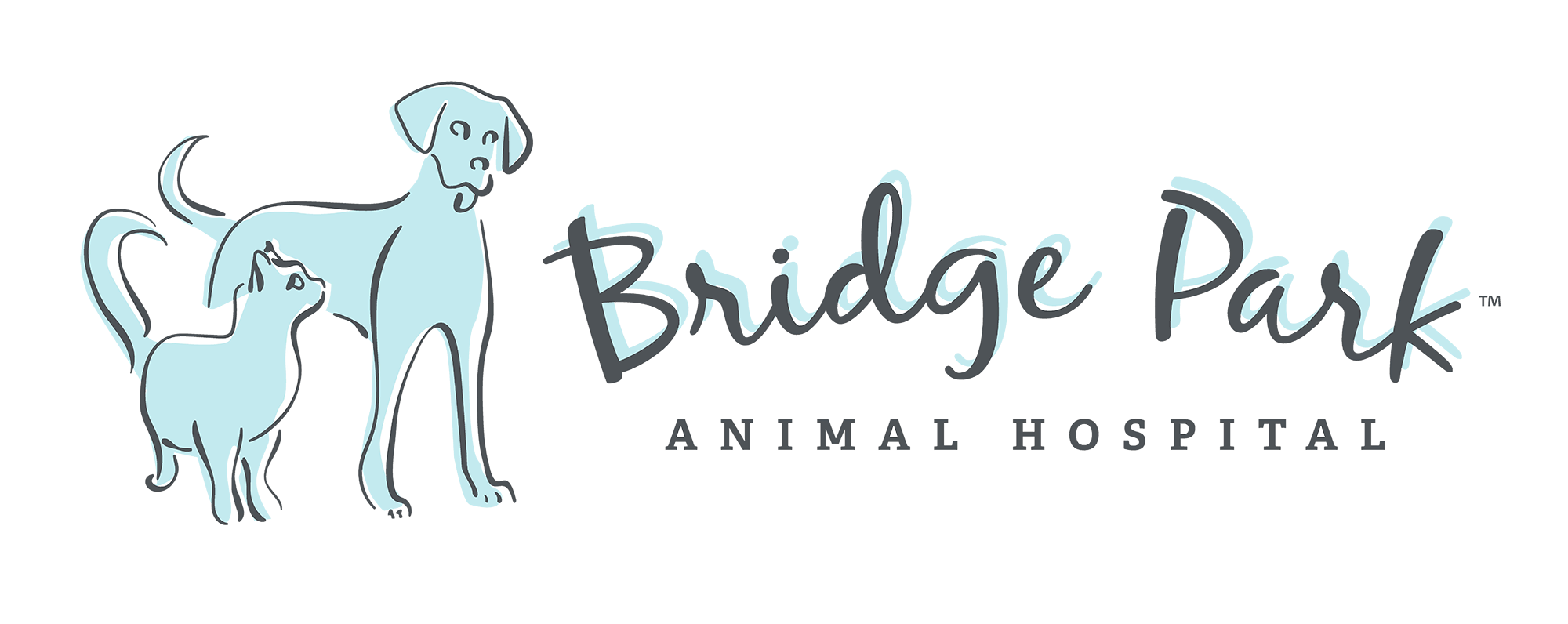Signs my Pet Needs Orthopedic Surgery
Table of Contents

Orthopedic problems don’t only affect humans. Our pets are just as likely to experience issues with their musculoskeletal systems too, especially if they are fairly active. Orthopedic problems are those that include the bones, joints, and muscles of your pet. They can occur as a result of an accident/injury, or due to a genetic predisposition to the condition. In fact, many breeds of animals and in particular dogs are at greater risk of developing problems with their musculoskeletal system. This includes Labrador Retrievers, Rottweilers, German Shepherds, and Chihuahuas.
Whilst many orthopedic issues can be managed using medications, there are times when only surgical intervention can sufficiently relieve your pet’s symptoms and improve their quality of life. How do you know if your pet needs orthopedic surgery? Your vet is your most valuable resource and will not only be able to diagnose your pet and offer non-surgical treatment, but they will also be able to let you know if it is time to take treatment to the next level by arranging for your pet to have orthopedic surgery. To discover more, let’s take a look at some of the most common orthopedic problems, and their symptoms.
Common Orthopedic Problems in Pets That Require Surgery
The four most common orthopedic problems in dogs that can lead to a need for orthopedic surgery include:
Hip dysplasia. This is a genetic disease affecting your pet’s hips and is particularly common in large breeds of dog. Treatment usually involves the daily use of anti-inflammatory medications, but if your pet then develops arthritis in the joint, titanium replacements may be needed. Surgical hip replacement is a fairly expensive and complex surgery, but it can restore your pet’s quality of life.
Signs that your pet might be suffering from hip dysplasia include:
- Difficulty jumping, running or climbing stairs
- A swaying gait
- The space between your pet’s legs may look wider than normal
- One of your pet’s legs may look shorter than the other
- Decreased movement and range of motion
- Lameness in the hind end
If your pet is no longer obtaining relief through anti-inflammatory drugs and other treatments, they may be referred for orthopedic surgery to replace the joint.
Patellar Luxation. The patella is another name for the knee cap. For animals that experience problems with their patella, they may find that it slips out of the groove that usually secures it in place. This tends to be caused by the groove being too shallow. Patellar luxation, also known as knee joint dislocation, is one of the most prevalent knee joint abnormalities in dogs and primarily affects toy and miniature dog breeds such as Pomeranians and Chihuahuas. Patellar luxation nearly always requires surgical repair.
Signs that your pet might have a dislocated knee joint include:
- Obvious pain
- Licking or biting at the knee
- Limping
- Unwillingness to walk
- Unable to bear weight on the leg
Cruciate Ligament Tears. Also known as ACL tears, these affect the anterior cruciate ligament which is the ligament that keeps the knee in good working order. Unfortunately, ACL injuries do not heal with simple rest or medication.
Just like in humans, cruciate ligament tears in animals need to be surgically repaired in order to prevent painful and crippling arthritis from developing. There are lots of different types of cruciate ligament surgery techniques, and your vet will be able to advise you which is most likely to be effective for your pet.
Signs that your pet may have a cruciate ligament tear include:
- Sitting abnormally
- Lameness, often which comes on suddenly during an activity
- Stiffness in both back legs
- Thickening and swelling of the knee joint
- Clicking
- Obvious pain
- Licking, biting and tending to the knee joint
As we can see, there are lots of different orthopedic problems that can develop. Arranging an appointment with your vet is the best way to ensure that your pet gets the help needed to live a pain-free, full and active life. To find out more about orthopedic surgery, please get in touch with our knowledgeable veterinary team in Johns Creek, GA.
